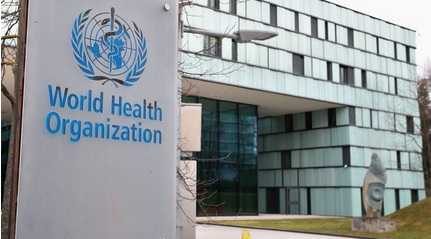
SHANGHAI, Nov 27 (Reuters) - The spike in respiratory illnesses that China is currently suffering is not as high as before the COVID-19 pandemic, a World Health Organisation official said, reiterating that no new or unusual pathogens had been found in the recent cases.
Maria Van Kerkhove, acting director of the WHO's department of epidemic and pandemic preparedness and prevention, said the increase appeared to be driven by a rise in the number of children contracting pathogens that they had avoided during two years of COVID restrictions.
"We asked about comparisons prior to the pandemic. And the waves that they’re seeing now, the peak is not as high as what they saw in 2018-2019," Van Kerkhove told health news outlet STAT in an interview on Friday.
"This is not an indication of a novel pathogen. This is expected. This is what most countries dealt with a year or two ago," she added.
China's National Health Commission spokesperson Mi Feng said on Sunday the surge in acute respiratory illnesses was linked to the simultaneous circulation of several kinds of pathogens, most prominently influenza.
The spike became a global issue last week when the World Health Organization asked China for more information, citing a report on clusters of undiagnosed pneumonia in children by the Program for Monitoring Emerging Diseases.
China and the WHO have faced questions about the transparency of reporting early in the pandemic, which emerged in the central Chinese city of Wuhan in late 2019. The WHO said on Friday no new or unusual pathogens had been found in the recent illnesses.
Health officials urged local authorities on Sunday to increase the number of fever clinics, as hospitals are warning of long waits in northern areas like Beijing and Liaoning province where cases among children appear to be especially high.
Spread by young adults in the workplace and children at school, new cases of respiratory illnesses could peak in the next couple of weeks, Li Tongzeng, the chief physician at the infectious diseases department at Beijing You'an Hospital told the Global Times newspaper.
In the report published on Monday, Li also warned of the potential for a second wave peaking during the New Year holidays, as the elderly could become more at risk of infection during family gatherings.




